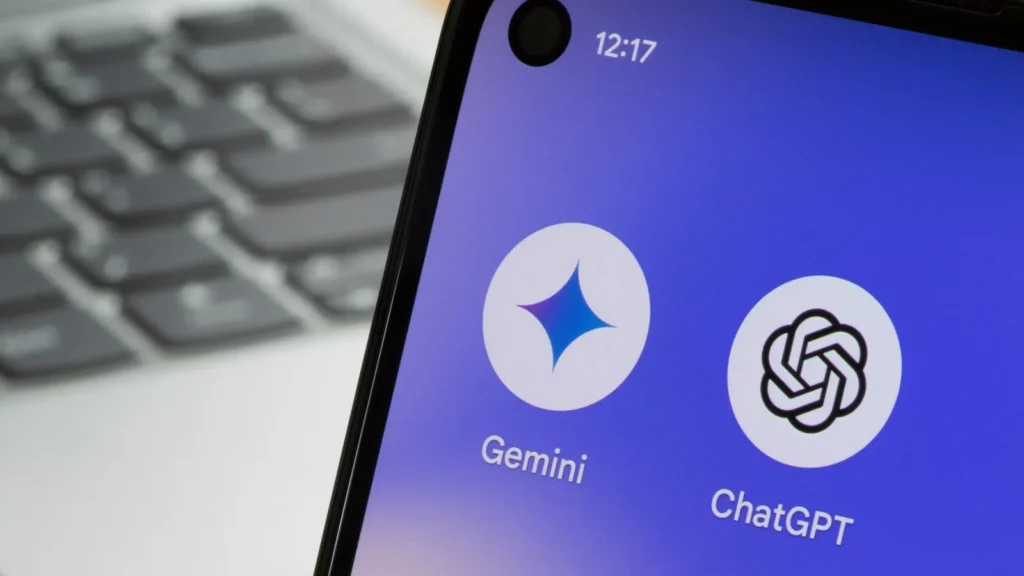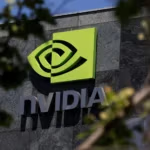In a very short period, Artificial Intelligence has ceased to be a field experiment and has become one of the largest disruptors in contemporary industries. As Large Language Models (LLMs) are starting to gain popularity, the same companies, such as Google or OpenAI, are trying to establish the gold standard of AI.
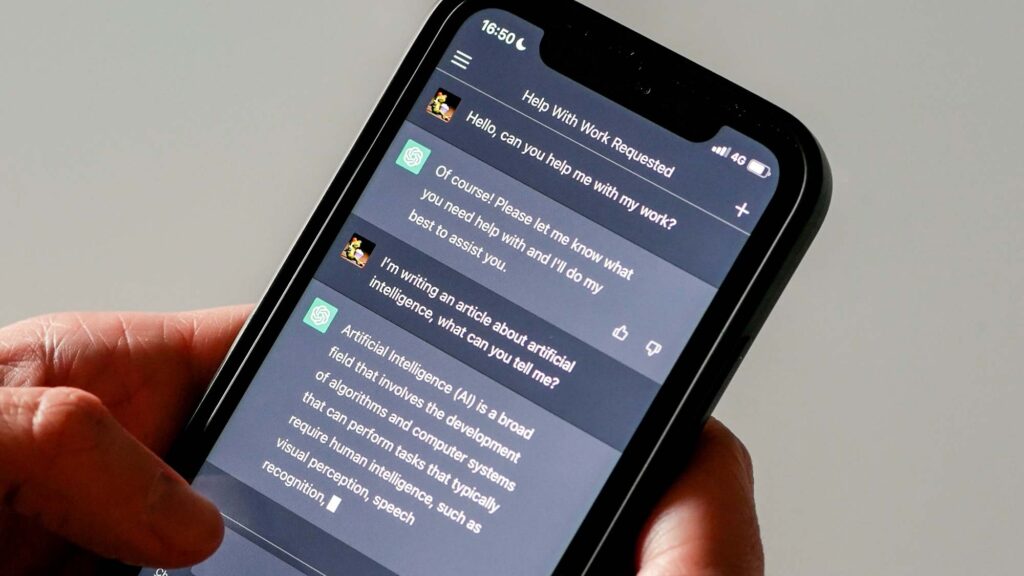
Google Gemini and ChatGPT are the most popular comparisons nowadays; these are two models of AI that can not only be discussed as the best example of innovative thinking, but also present the difference in how tech giants view this field. It is not merely over the winner of a battle, but it is over which paradigm the new breed of smart systems is going to be.
Table of Contents
A Short Biography of the Two Giants
ChatGPT is a product of OpenAI, and it has been in existence since late 2022, having undergone several changes, the most recent of which is driven by GPT-4 and GPT-5 to provide advanced functionality. It has become well-known thanks to its conversational fluency, reasoning similar to humans, and being built into services such as Microsoft Copilot and other business applications. ChatGPT already dominates the public AI, with a 2024 report by Statista saying it had over 180 million users across the world.
Google Gemini, unveiled in late 2023 as the next generation of Bard, combines the deep learning knowledge base of Google and DeepMind inventions. Gemini is not sold as a chatbot only, but rather as a multimodal AI system, which can be used to process not only text but also images or even code in parallel. It has been reported that Gemini has been trained on large volumes of data, which consists of scientific literature and real-world video inputs, and is more generalized than a text-based model.
Read More: Will Lovable AI Replace Development Jobs?
Performance: How Do They Cope with Real-Life Assignments?
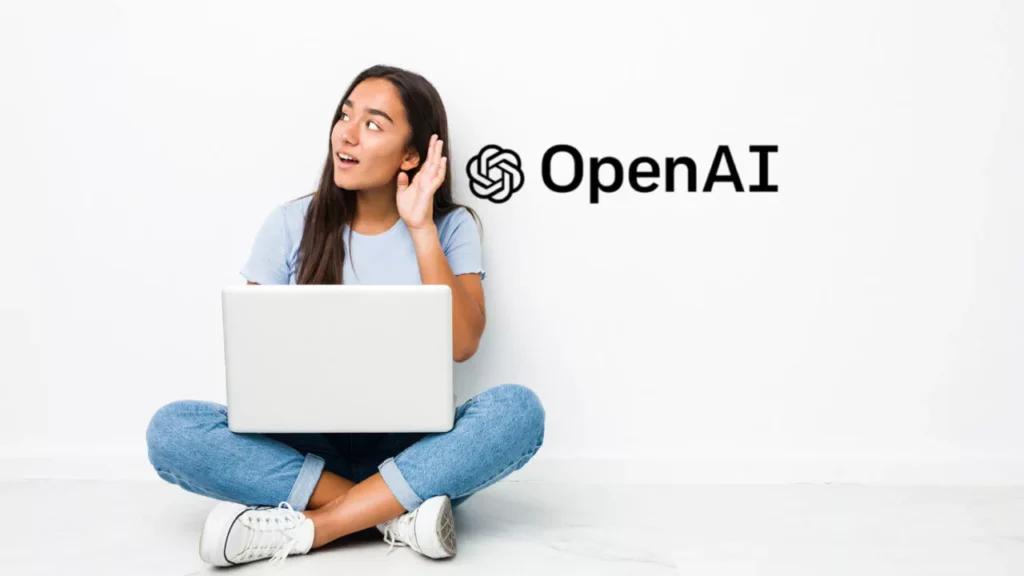
Both the Gemini and the ChatGPT excel in various aspects as far as AI performance is concerned. According to independent benchmarking studies in early 2025, Gemini was more likely to perform well on tasks involved in multimodal reasoning compared to ChatGPT. In the case of a physics problem, provided with an image of the problem and asked to both generate a step-by-step solution and a code simulation, Gemini was more accurate and efficient in 78% cases.
ChatGPT, though, cannot be compared with any other in terms of pure conversation flow and creativity. ChatGPT was also rated higher in coherence and human-likeness in the long-form writing, e.g., story generation or writing a complex essay. In March 2025, a comparison test by TechRadar found that respondents rated ChatGPT answers to be more natural and empathetic in 7 of the 10 cases, and Gemini responses, even though accurate, tended to sound more robotic.
Integration and Accessibility
One more important distinction is accessibility. ChatGPT is integrated into Microsoft Word, Excel, and Outlook, branded as Copilot, and is used daily as a productivity assistant. This has provided a huge advantage to the model of OpenAI in the adoption by enterprises. Microsoft has projected that, as disclosed in its financial reports, Copilot would be part of a 10 percent rise in Office 365 enterprise subscriptions by the end of 2024.
Instead, Google is putting much emphasis on Gemini integration with Google Workspace Docs, Sheets, Gmail, and Search. The largest benefit in this case is the direct connection with Google Search information, which provides Gemini with more updated material beyond the training limits of ChatGPT. Gemini can be more trusted, especially by those users who need to use constantly updated information, mainly in news or market trends.
Read More: AI Hallucination: Erosion of trust in the Age of Generative Models
Distinctive Characteristics that Make Them Unique
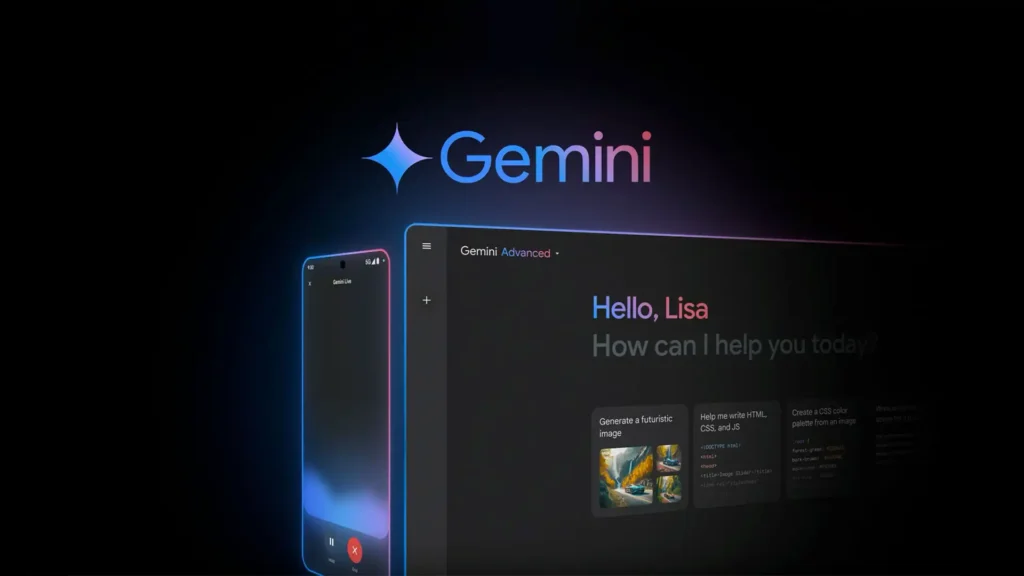
Multimodality is one of the most interesting features of Google Gemini. Compared to ChatGPT, which still needs additional plug-ins or APIs to perform more sophisticated tasks, Gemini is constructed to process images, video, and voice in one query. As an example, a designer would be able to upload a sketch and Gemini would immediately produce design proposals, text hints, and prototyping code, among others, all on a single run.
ChatGPT, on the other hand, has another advantage: customization and adaptability. OpenAI has also launched Custom GPTs, where companies and individuals are able to train mini-ChatGPTs on their own data. This is perfect for customer support, knowledge management, as well as personal AI assistants. According to McKinsey, a study conducted in 2024, most companies already use ChatGPT-powered bots trained on their own knowledge base to reduce their support expenses by up to 40 percent.
Information Security and Consistency
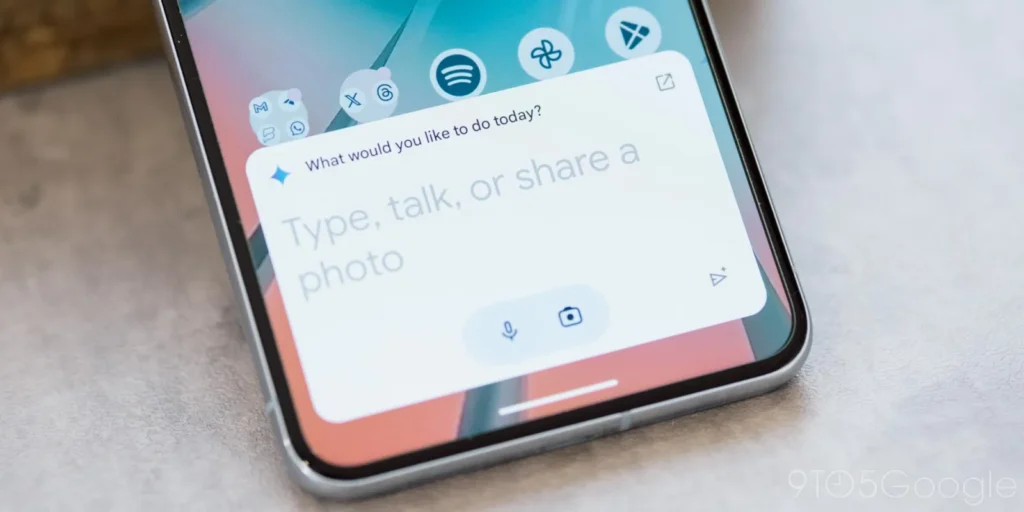
The use of AI is not only dependent on the ability, but also on trust. Gemini, a more responsible AI, is being pitched by Google as having more robust safety structures; this is partly because it is based on DeepMind. Internal Google records suggest that Gemini vehicles undergo over 50 rounds of verification protocols before they are released into the market, and this is to minimize bias and misinformation.
ChatGPT, in its turn, was criticized due to occasional hallucinations, as it provides false but plausible responses. This is something that OpenAI has been trying to reduce, but a survey administered in early 2025 already indicates that approximately 12 percent of business users still use Gemini to make important decisions because they believe it is more reliable.
Read More: Vodafone Ad Influencer: How AI Can Transform Future Ads
The Growing Market for LLMs
The LLM market is also powered by the competition between Gemini and ChatGPT, and analysts anticipate that this market can increase to as much as 90 billion dollars by 2030. Depending on their particular needs, businesses are now selecting their favorite AI: ChatGPT to be creative and create a workflow of conversations, Gemini to conduct research-heavy work, or to support a multimodal project. An example is that a law firm may wish to use ChatGPT to create empathetic communications to a customer, whereas an engineering firm may want to use Gemini to analyze data-intensive data.
This twofold supremacy is defining the AI world just as Android and iOS divided the smartphone market. The two models will probably co-exist, with each model cutting its niche and spurring innovation by competition.
